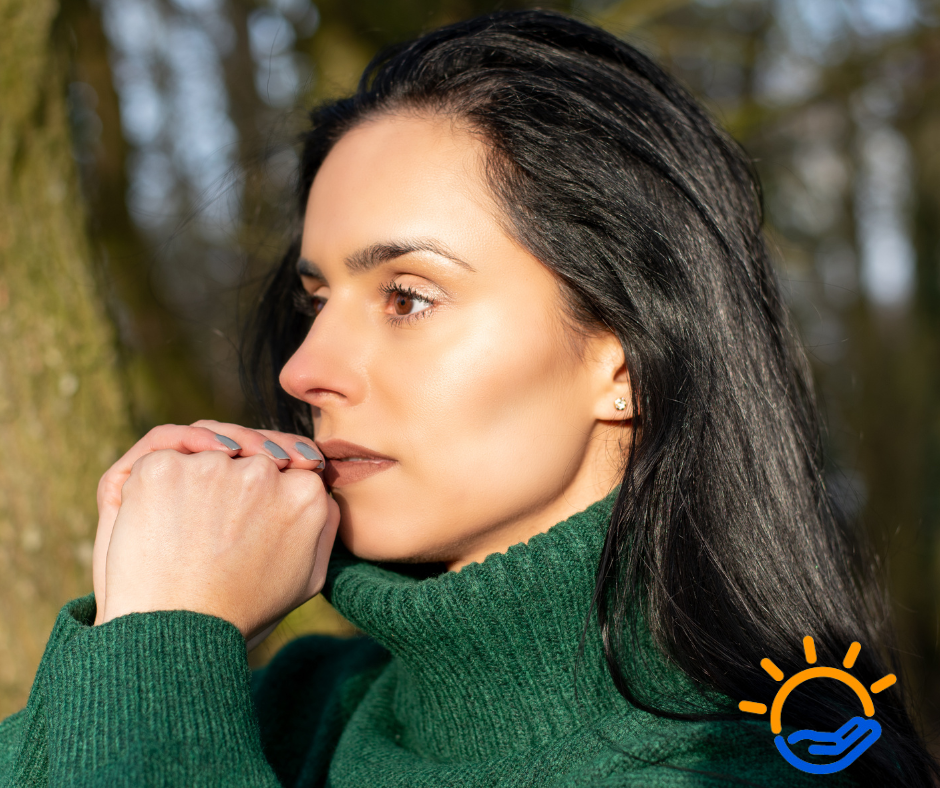The last couple years of my drinking, I had panic attacks nearly every morning as the alcohol wore off. But until I got sober, I probably would have said drinking relieved my anxiety. This is a common myth; there’s an idea that drinking is a necessity for socializing or unwinding because it lowers inhibitions.
This is true, temporarily. Alcohol is a central nervous system depressant, meaning it makes you feel calmer for a time. That doesn’t last long if you use it chronically.
How Alcohol Exacerbates Anxiety
Alcohol use increases GABA in the moment, but alcohol addiction can reduce it. GABA is a neurotransmitter that slows certain nerve signals in the brain and can decrease anxiety.
The brain seeks balance, and so with any addiction, it will compensate for what is lost or gained. In this case, overproduction of GABA in time leads to a GABA deficiency. When you are using alcohol in an addictive way, your body may also start withdrawing within a few hours of your last drink. In the case of my panic attacks, I was likely having some withdrawal symptoms every morning.
Missing a Chance to Practice Healthy Coping
When you continually use alcohol to get through stressful or nerve-wracking situations, you don’t learn the skills to do so without substances. The problems that can build in life when you’re in active addiction may also bring anxiety.
When you face something you’re anxious about, over time it can become more manageable. Drinking doesn’t allow you to try facing fears. Several years ago, my therapist had me write a “courage list” of all the things I was afraid of that I’d done sober; I’ve kept it, and when I look at it now, a lot of those things have become normalized for me.
Self-Medication
People who have anxiety to begin with may be more likely to develop an alcohol addiction in order to self-medicate. Then drinking makes the anxiety worse—leading to a cycle of drinking to calm down, only to feel more anxious.
I’ve been sober over seven years, and at this point, the anxiety I had during active addiction is unrecognizable. It still exists, but it’s so much more manageable. I have a less overactive nervous system, and I have effective ways to cope with generalized anxiety and OCD. This creates a more positive cycle, where I know I have the tools, so I don’t feel as anxious. When I’m in a stressful situation, instead of feeling like I need alcohol, I’m grateful I’m not drinking.
If you are struggling with a substance use or mental health disorder, there is help and hope. TruHealing Centers offers high-quality treatment for mental health disorders and addiction in facilities across the country. Our staff—many of whom are in recovery themselves—will help you find calm in recovery. Call an admissions specialist at 888-906-9431.








